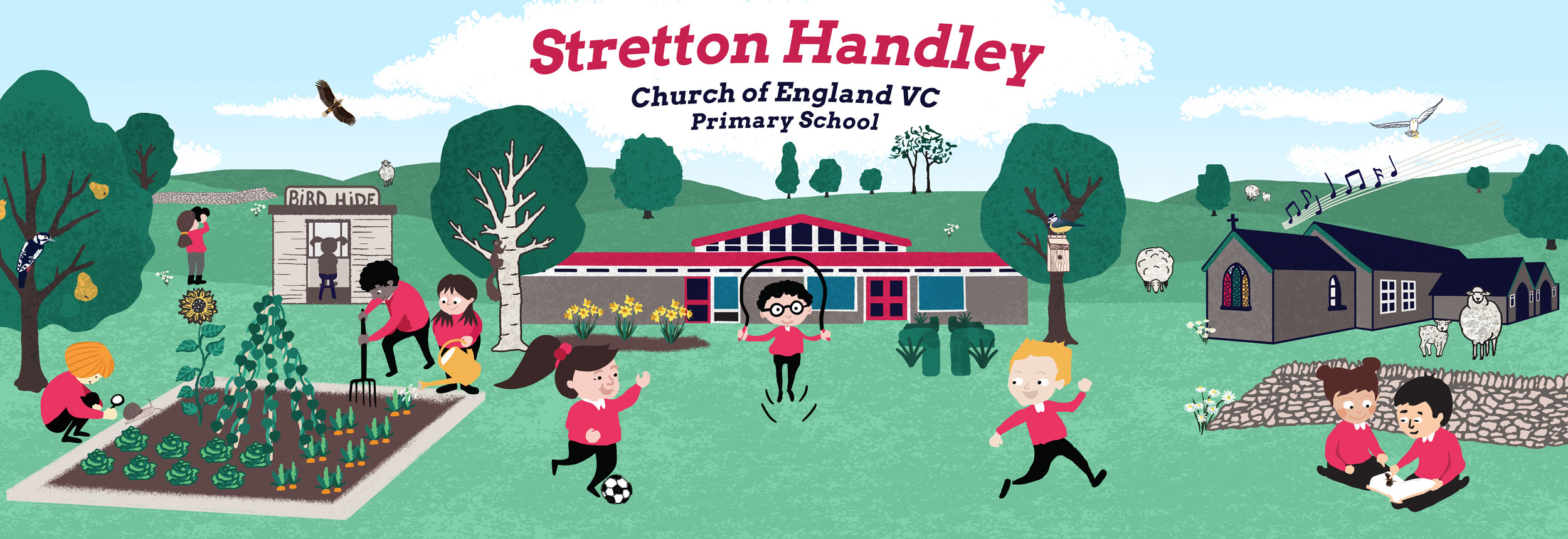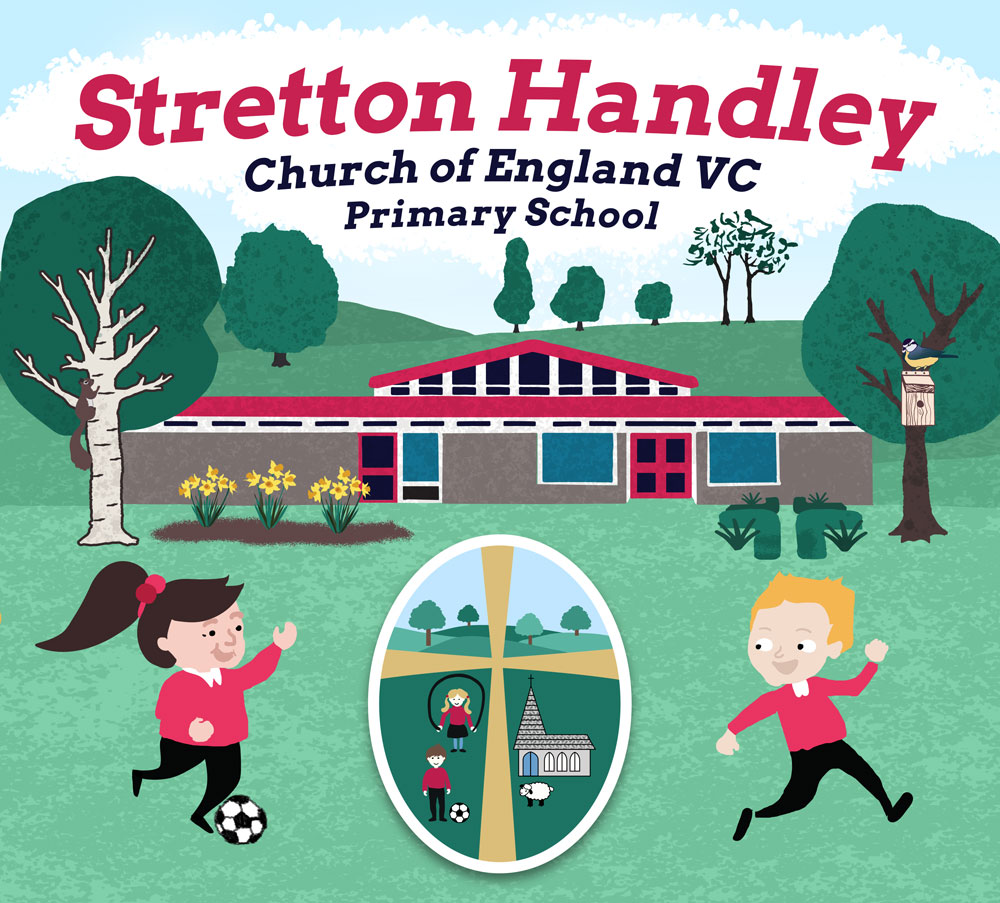Intent
We understand that learners come from a variety of backgrounds with varying exposure to mathematical concepts and practical experience. As a result, they require robust and clear progression through mathematical concepts and support with learning. The goal of our Maths teaching is to deliver the core aims of the National Curriculum – both in the mathematics lessons and across the curriculum as a whole. Children are exposed to key skills and mathematical vocabulary and this is reinforced in meaningful contexts, they are given first-hand experiences through authentic opportunities.
Maths is integral to all aspects of life and therefore we ensure children develop a healthy, enthusiastic and aspirational attitude towards maths that will ensure successful futures. Our children will be taught to be confident, successful and proficient mathematicians who can apply their Maths to other contexts and situations. We want our children to leave Primary school ‘Secondary ready’, with excellent foundations for future learning.
Implementation
At Stretton Handley Primary School, we use White Rose Maths schemes of learning, and a modified version of their resources in order to provide a comprehensive and expertly designed journey though the world of Mathematics. White Rose is based on a small steps approach that keeps all learners together. By using the resources across the school, we can ensure consistency of the mathematical elements and comprehensive coverage of the curriculum. We believe that this approach will facilitate consistent delivery of Mathematics across the school and across the inevitable ability range within year groups. It is also designed to support mathematicians who require more time and visual representation to grasp fundamental concepts and those who require challenging further to achieve Greater Depth.
EYFS
At Stretton Handley CE Primary School, we understand the importance of early experiences of maths, and children are taught using the White Rose Maths scheme. This places a significant emphasis on developing a strong grounding in number – understanding that this is a necessary building block for children to excel in the subject. We provide the children with creative and engaging opportunities in order for them to explore their curiosity and enthusiasm for the subject, while focusing on the three prime areas of: Communication and Language, Physical Development and PSED.
Activities and experiences are frequent and varied, and allow the children to build on and apply understanding of Numbers to 10. Concrete manipulatives are a key focus within our sessions, as is the use of pictorial representations. Children are actively encouraged to use the correct mathematical terminology within their understanding and we focus on building positive attitudes and interests in the subject.
By the time the children have finished Reception they will have met the following Early Learning Goals:
Number
- Have a deep understanding of number to 10, including the composition of each number;
- Subitise (recognise quantities without counting) up to 5;
- Automatically recall (without reference to rhymes, counting or other aids) number bonds up to 5 (including subtraction facts) and some number bonds to 10, including double facts.
Numerical Patterns
- Verbally count beyond 20, recognising the pattern of the counting system;
- Compare quantities up to 10 in different contexts, recognising when one quantity is greater than, less than or the same as the other quantity;
- Explore and represent patterns within numbers up to 10, including evens and odds, double facts and how quantities can be distributed equally.
KS1 and KS2
At Stretton Handley CE Primary School, children are taught mathematics daily following the White Rose Maths Scheme of Learning Overview. White Rose Maths is a blocked scheme, which allows for depth and breadth of learning within each strand of mathematics and is based on the National Curriculum. Following the White Rose Maths overview ensure that knowledge is built on year by year and sequenced appropriately to maximise learning for all children. Lessons may be personalised to address the individual needs and requirements for a class but coverage is maintained.
In order to further develop the children’s fluency, reasoning and problem-solving, we use a range of resources which correlate to the White Rose Overview and further develop children’s understanding of a concept and the links between maths topics. We also follow a whole school Calculations Policy which ensures consistency in the methods taught across year groups, allowing the children to build on their previous learning.
Fluency/Flashback sessions ensure that the children have coverage of all topics throughout the year and not just during the planned blocked session in the White Rose Scheme. These sessions help consolidate the children’s learning but also provide an opportunity for pre-teaching, ensuring that the children are confident with the skills required for upcoming/future maths lessons.
We implement our approach through high quality teaching, delivering appropriately challenging work for all individuals. To support us, we have a range of mathematical resources in classrooms including Numicon, Base10 and counters (concrete equipment). When children have grasped a concept using concrete equipment, images and diagrams are used (pictorial) prior to moving to abstract questions. These pictorial represents could include but are not exclusive to part whole models, tens frames and bar models. Finally, abstract maths relies on the children understanding a concept thoroughly and being able to use their knowledge and understanding to answer and solve maths problems, without equipment or images.
In order to enhance our mathematics teaching and our children’s maths skills in school and at home, we use a number of online maths tools. Every child in school has access to Education City and all children in KS1 have access to Numbots which is used lower down the school to help to secure children’s number recognition and basic number facts. We also use Times Tables Rock Stars for multiplication practise, application and consolidation.
Through our teaching, we continuously monitor pupils’ progress against expected attainment for their age, making formative assessments where appropriate and using these to inform our teaching. Summative assessments are completed at the end of each unit in Key Stage 1 and at the end of each term in Key Stage 2. The main purpose of all assessment is to always ensure that we are providing excellent provision for every child.
Impact
Pupils use acquired vocabulary in maths lessons. They have the skills to use methods independently and show resilience when tackling problems. Children will have the flexibility to move between different contexts and representations of maths. They will show a high level of pride in the presentation and understanding of the work. Children will enjoy the chance to develop the ability to recognise relationships and make connections in maths lessons.
Pupils know how and why maths is used in the outside world. Mathematical concepts or skills are mastered when a child can show it in multiple ways, using the mathematical language to explain their ideas, and can independently apply the concept to new problems in unfamiliar situations. Children demonstrate a quick recall of facts and procedures – this includes the recollection of the times table.
At the end of each year, we expect children to have achieved Age Related Expectations (ARE) for their year group. Some children will have progressed further and achieved greater depth (GD). The children who have gaps in their knowledge receive appropriate support and intervention.
By the time children leave Stretton Handley CE Primary School in Year 6, we aim for them to be fluent in the fundamentals of mathematics with a conceptual understanding and the ability to recall and apply knowledge rapidly and accurately. They should have the skills to solve problems by applying their mathematics to a variety of situations with increasing sophistication, including in unfamiliar contexts and to model real-life scenarios. Children will be able to reason mathematically by following a line of enquiry and develop and present a justification, argument or proof using mathematical language.
Addition and subtraction Calculation Policy
Multiplication and Division Calculation Policy


